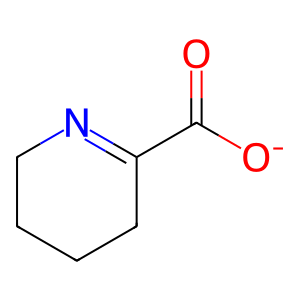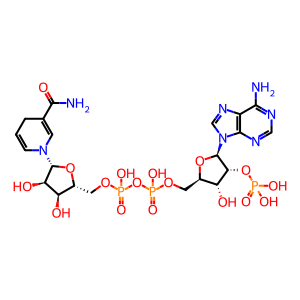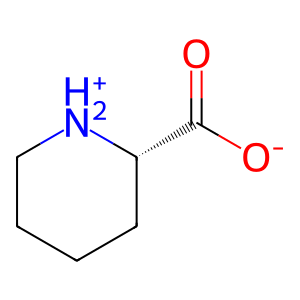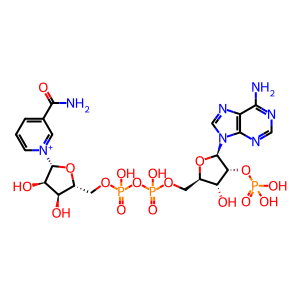Reaction: CRYM reduces P2C to PPCA
- in pathway: Lysine catabolism
The ketimine reductase mu-crystallin protein (CRYM) is a key enzyme in the pipecolate pathway, which is the main lysine degradation pathway in the brain. One substrate from the pipecolate pathway that can be reduced by CRYM is piperideine-2-carboxylate (P2C) to L-pipecolic acid (PPCA) (Hallen et al 2015). CRYM is also a thyroid hormone binding protein, able to bind and transport 3,5,3'-triiodo-L-thyronine (T3) into nuclei and regulate thyroid hormone-related gene expression (Cheng et al. 2007).
Reaction - small molecule participants:
PPCA [peroxisomal matrix]
NADP+ [peroxisomal matrix]
H+ [peroxisomal matrix]
P2C [peroxisomal matrix]
NADPH [peroxisomal matrix]
Reactome.org reaction link: R-HSA-5693347
======
Reaction input - small molecules:
hydron
1-piperideine-2-carboxylate
NADPH
Reaction output - small molecules:
L-pipecolic acid zwitterion
NADP(+)
Reactome.org link: R-HSA-5693347





